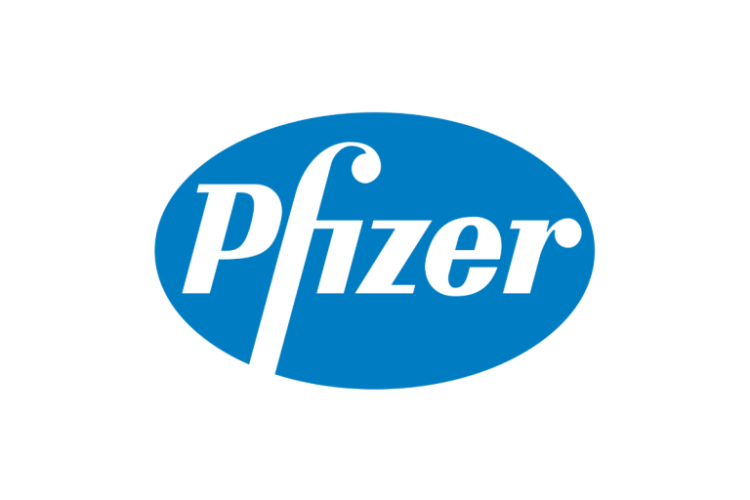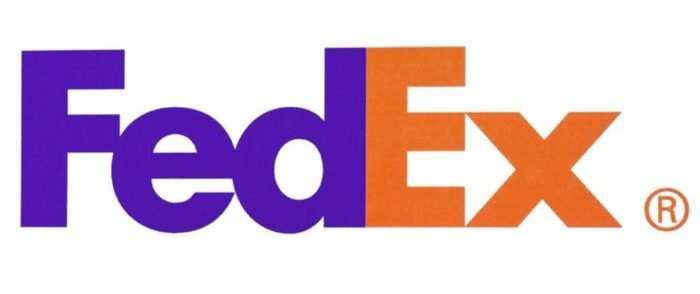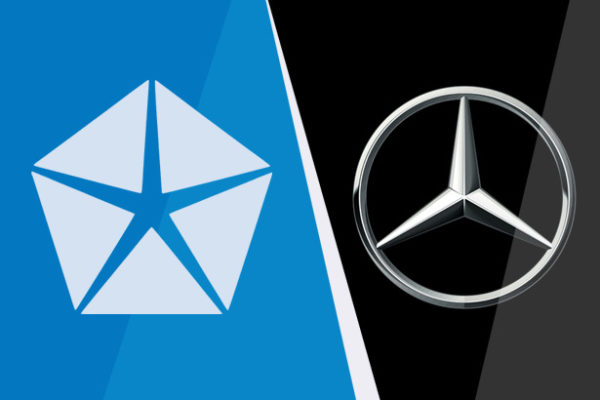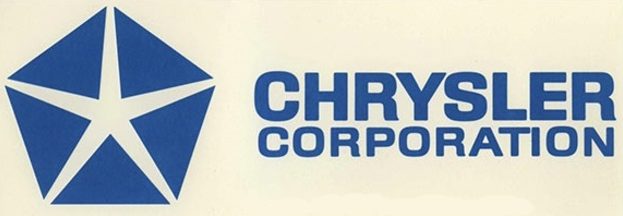Pfizer, Inc. has chosen the value creation alternative of differentiation. Differentiation forces Pfizer to increase costs, resulting in an increase in product price, and most importantly an increase in customer perceived value. Pfizer’s differentiation can be achieved by producing high-quality, innovative drugs which require extensive research and development as well as patent protection. For example, Pfizer spent approximately eight billion dollars on 100 research and development projects in 2018. Furthermore, Pfizer, Inc.’s business-level strategy is known as broad differentiation. This strategy enables Pfizer to serve a large market while still creating value through its differentiation.
A key tradeoff associated with a differentiation strategy, although creating a high perceived value of the brand, is the implementation of a high-cost structure.… Read the rest





